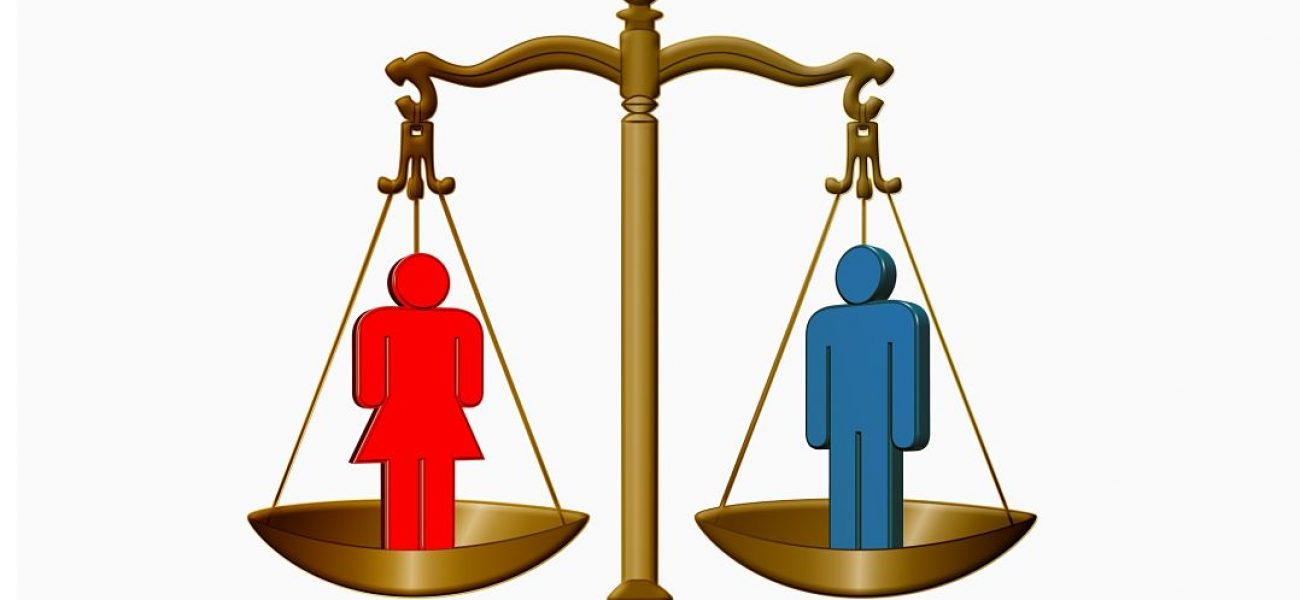The Nigerian Senate on Tuesday, 15th March 2016 voted against the second reading of the Gender and Equal Opportunities Bill, 2016, sponsored by Senator Biodun Olujimi. The Bill contains 29 sections premised on the International Covenant against the Elimination of Discrimination against Women (CEDAW), 1979 and the African Charter on the Rights of Women, 2003.
In attempting to realize the principle of equality and non-discrimination enshrined in the aforementioned international covenants, the Bill takes an affirmative approach. For instance, it prohibits discrimination against women in all forms and the denial or limitation of any privilege, respect, advantage or benefit accruable to any woman on the basis of her sex. The Bill also seeks affirmative action for women as its provisions compel every organ, agency of government, public or private institution, commercial or corporate body, community or entity to adopt temporary special measures that accelerate de facto equality between men and women. In this regard, the aforementioned bodies must reserve a minimum of 35 percent of all offices and positions in political, employment, educational, vocational and other pursuits for women. Apart from these measures, the Bill endeavours to address core issues that underlie discrimination by mandating the adoption of a teaching curriculum that fosters equality and prohibits degrading cultural practices, violence and trafficking of women. Women are also empowered to acquire, administer and manage property irrespective of their marital status.
The Bill also imposes burdensome responsibilities and duties. For instance, the duty in section 15 mandates every organ, agency of government to protect he right of men and women in a marriage. The right to freely choose a spouse and rights and responsibilities including dissolution is spelt out. Also, section 14 (b) compels “Every organ or agency of government, public or private institution, commercial or corporate body, community or entity to take all appropriate measures to eliminate discrimination against women in rural areas.” This is arguably too wide and should be redrafted to cover organisations whose operations include agriculture.
The Bill may already contain contentious clauses. For instance, the Bill states that it is subject to the Marriage Act , 1914, Child Rights Act, 2003 and the Matrimonial Causes Act 1970 and may have ignored marriages under customary law (which includes Islamic personal law) . In addition, its insistence that only marriages recorded in writing and registered in accordance with national laws gain legal recognition is at variance with the position of customary marriages in Nigeria, which although are largely unwritten, are recognised in Nigeria. There is also the lingering issue of whether the minimum age of 18 is at variance with the 1999 Constitution as amended. This is because the proviso in section 29 (4) (b) of the Constitution recognises all married women (irrespective of age) as adults. Nonetheless, the minimum age of 18 is consistent with other laws like the Child Rights Act, 2003. As the scope of the territorial jurisdiction of the Bill appears to be limited to FCT, the Bill will have had to rely on the good will of other States to domesticate its provisions.
The Gender Equality and Opportunity Bill failed to pass second reading. Senator Olujimi was advised to take into account already identified objectionable clauses.
Sources
1999 Constitution (as amended)
Gender and Equal Opportunities Bill, 2016 http://www.placng.org/new/upload/GenderAndEqualOpportunitiesBill2016.pdf
Convention on the Elimination of Discrimination Against Women, 1979 http://www.un.org/womenwatch/daw/cedaw/M ,
Protocol to the African Charter on the Rights of Women in Africa, 2003 http://www.achpr.org/instruments/women-protocol/
Global Issues/ Gender Equality and Women’s Empowerment http://www.peacecorps.gov/wws/articles/global-issues-gender-equality-and-womens-empowerment/

